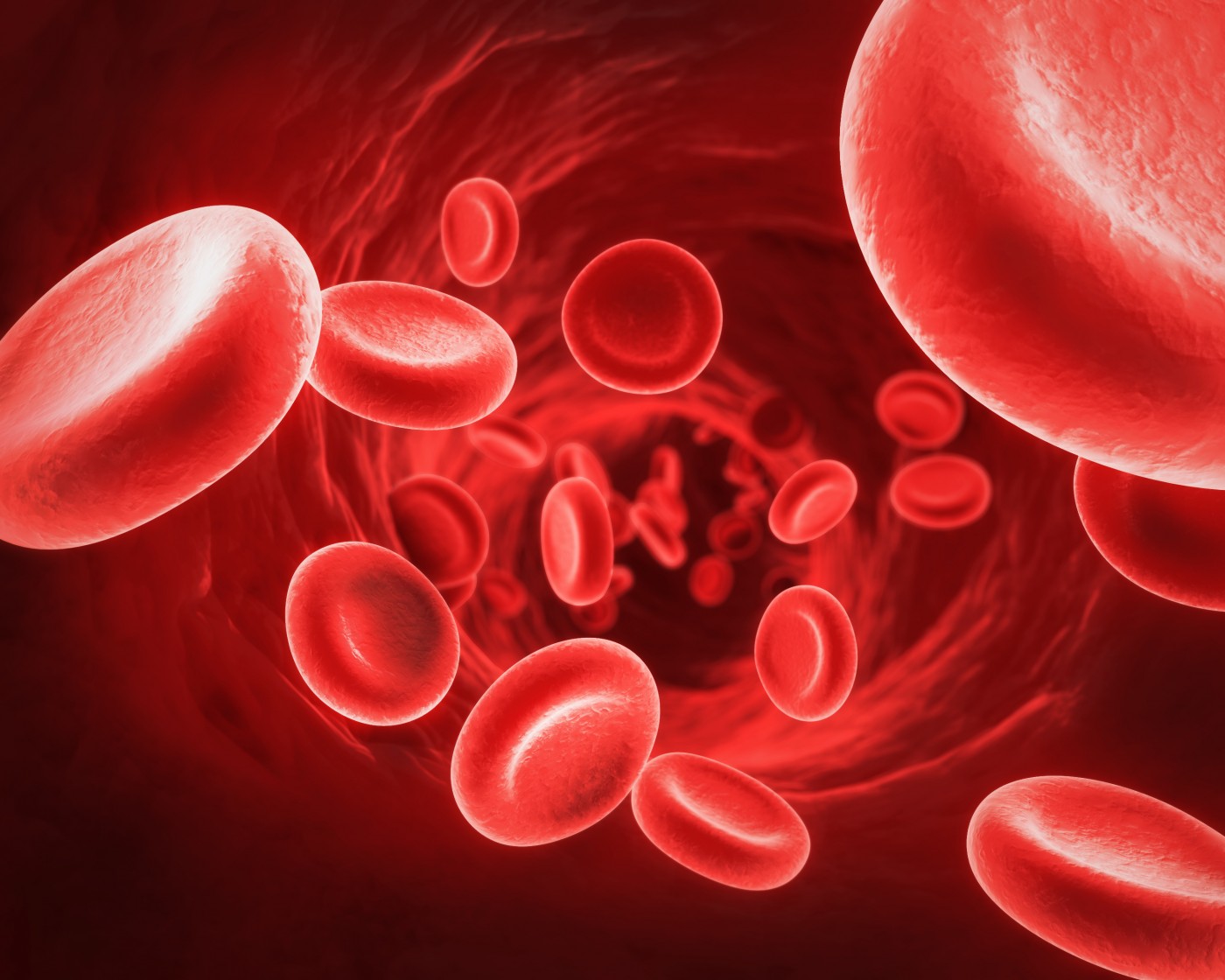Only 21% of Kids with ADHD and SCD Are Treated for Attention Deficit

A study of children with sickle cell disease (SCD) referred for an evaluation of neuropsychological deficits found that while 19 of 89 patients (25%) were diagnosed with attention deficit hyperactivity disorder (ADHD), only 21% with ADHD had been prescribed medication for it.
The study, “Attention Deficit Hyperactivity Disorder in Children With Sickle Cell Disease Referred for an Evaluation,” was published in the Journal of Pediatric Hematology/Oncology.
ADHD is a disorder involving persistent and impaired levels of hyperactivity, impulsiveness, and lack of attention. Academic underachievement, deficiencies in relationships with peers, and low self-esteem often accompany it. Children with ADHD have higher rates of simultaneous psychological conditions, including learning disorders, depression, anxiety, and behavioral disorders.
The study included 89 children and adolescents ages 4 to 18 with SCD and who had completed a neuropsychological evaluation between December 2013 and March 2016 because of concerns about behavior, development, or school performance. The diagnostic criteria used to diagnose ADHD came from the Diagnostic and Statistical Manual of Mental Disorders.
Of the 89 children studied, 25% were diagnosed with ADHD. At least three months after diagnosis, medical charts were consulted and it was established that only 21% of the patients diagnosed with ADHD had been prescribed medication to treat it.
The authors note that studies have shown that socioeconomic status plays a role in ADHD medication usage, with uninsured or impoverished children being the least likely to receive prescription medication for their ADHD, regardless of race.
Socioeconomic status was not evaluated in the study, but only one of the 19 patients checked for ADHD medication prescription had private insurance. The other 18 had Medicaid.
“Poor school performance is well described in children with SCD and the American Academy of Pediatrics recommends routine review of school performance with referral for formal neuropsychological testing if concerns are present,” the authors noted.
“Routine screening for ADHD in all children with SCD, even without specific concerns regarding school performance, development, or behavior, may be warranted and further research and cost/benefit analysis is needed in this area,” they added.
The researchers wrote that one in four children and adolescents with sickle cell disease referred for neuropsychological evaluation were diagnosed with ADHD.
“Providers should have a high suspicion of ADHD when academic underachievement, behavioral concerns, or developmental concerns are present in children with SCD,” according to the study. “Despite the associated benefits of pharmacologic treatment of ADHD, the majority of patients with SCD and ADHD did not receive a medication for management of their ADHD.”






